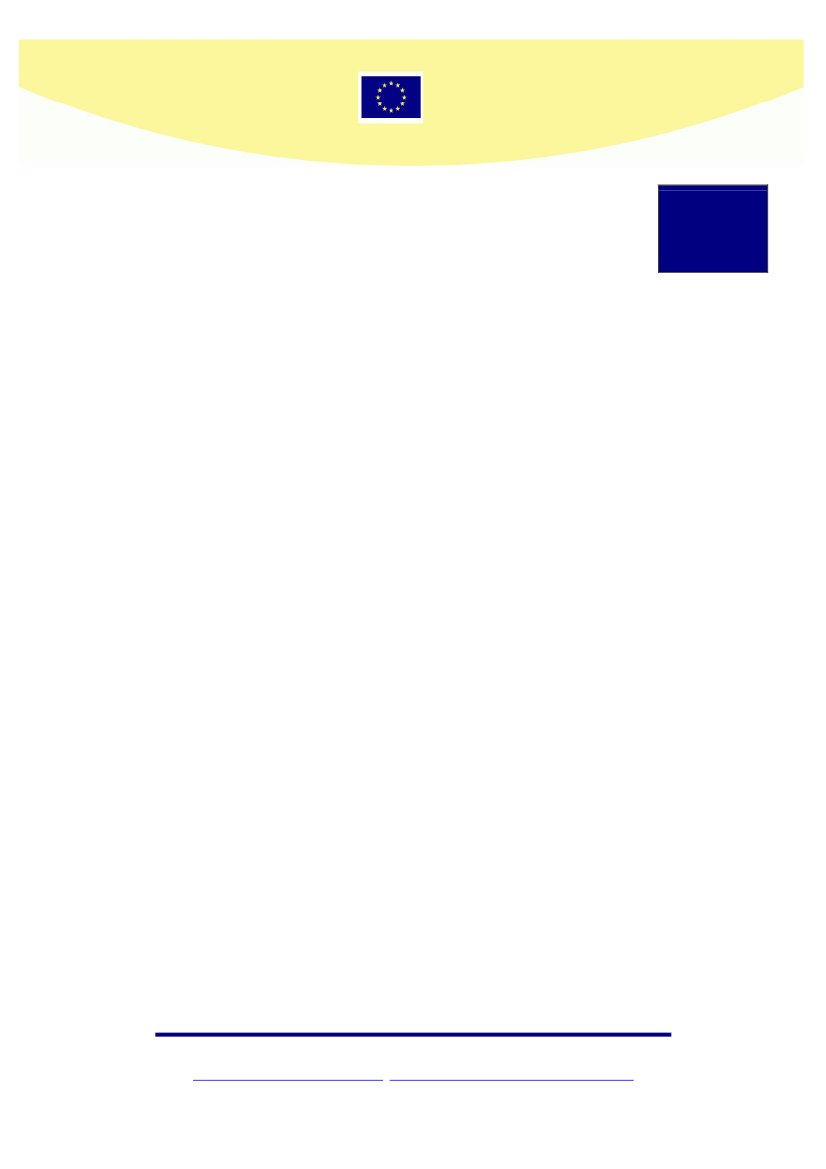
COUNCIL OF
THE EUROPEAN UNION
EN
9170/06 (Presse 132)
PRESS RELEASE
2730th Council Meeting
Agriculture and Fisheries
Brussels, 22 May 2006
President
Mr Josef PRÖLL
Federal Minister for Agriculture, Forestry,
the Environment and Water Management
of Austria
PRESS
Rue de la Loi 175
B – 1048 BRUSSELS
T el.: +32 ( 0)2 281 9589 / 6319
Fa x: +32 (0)2 281 8026
[email protected] http://www.consilium.europa.eu/Newsroom
9170/06 (Presse 132)
1
EN